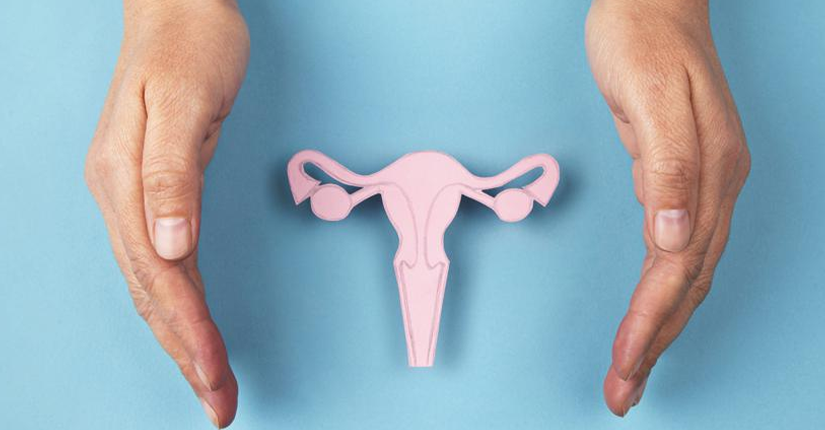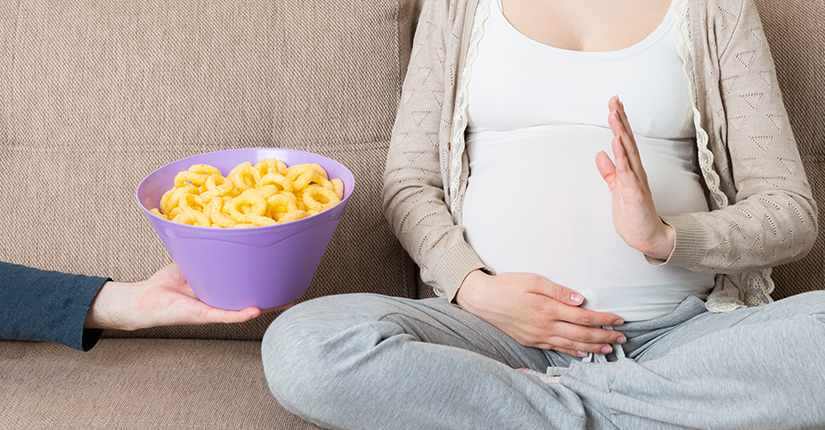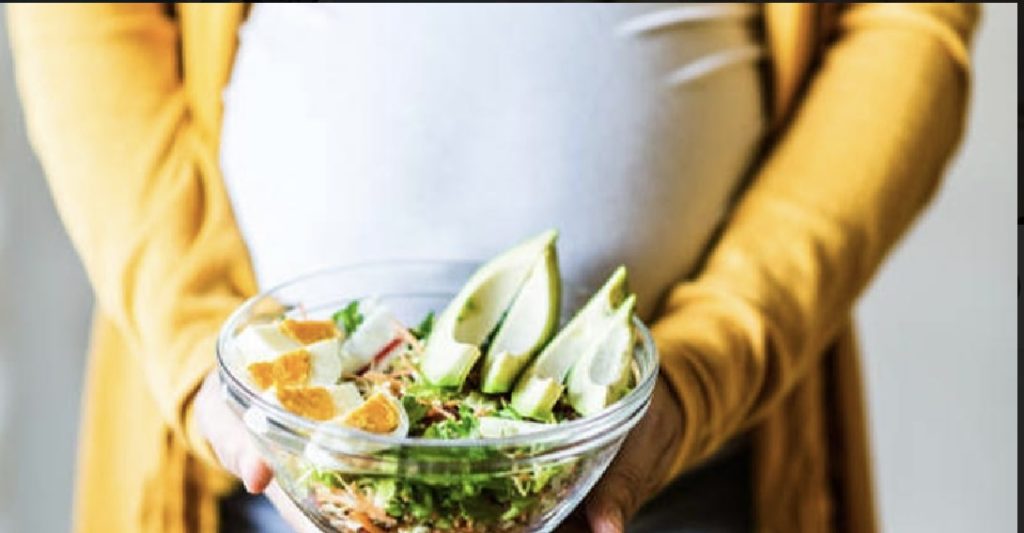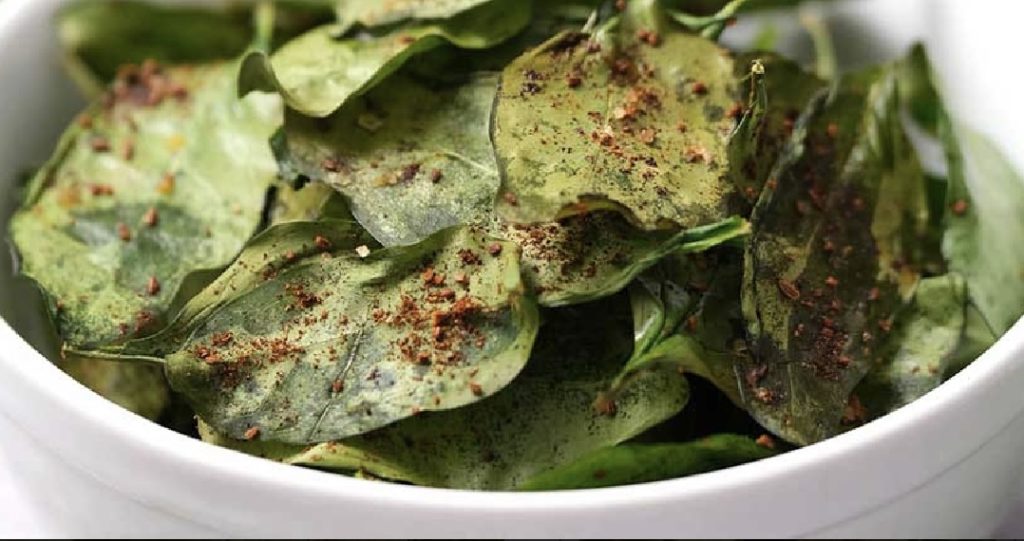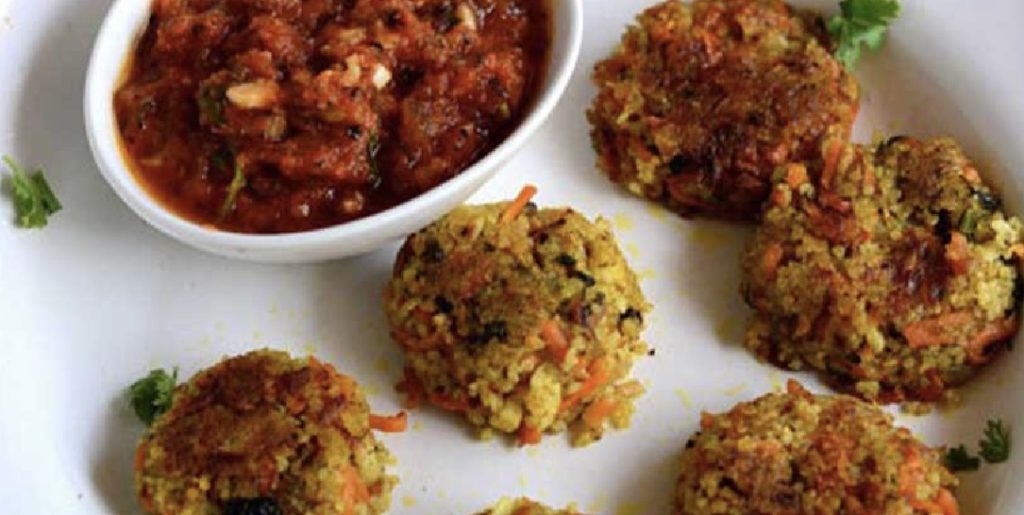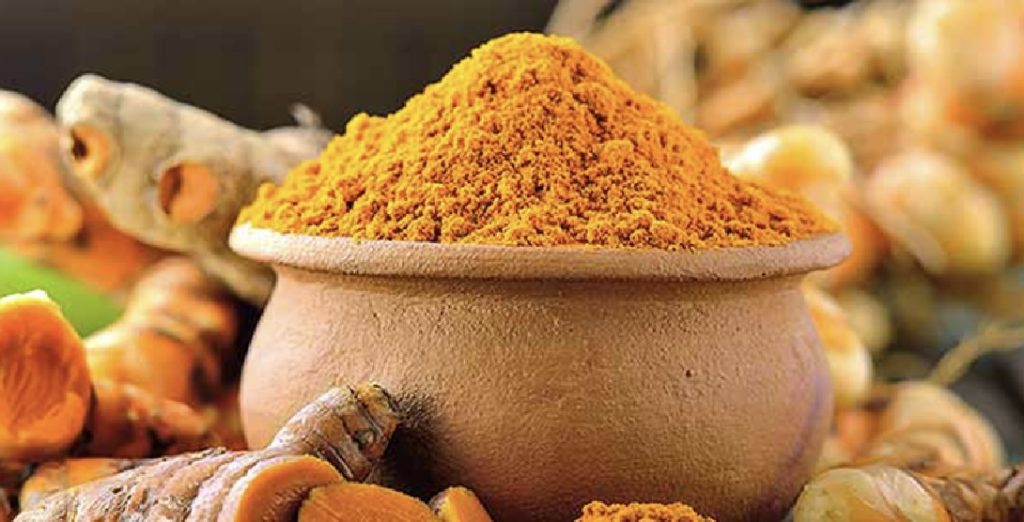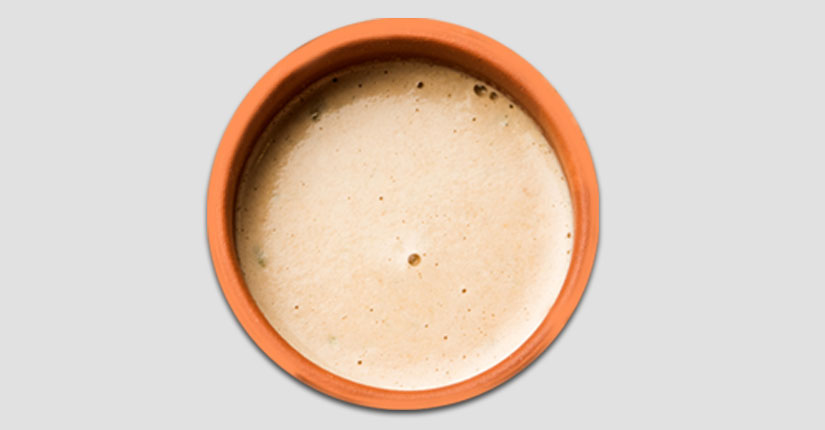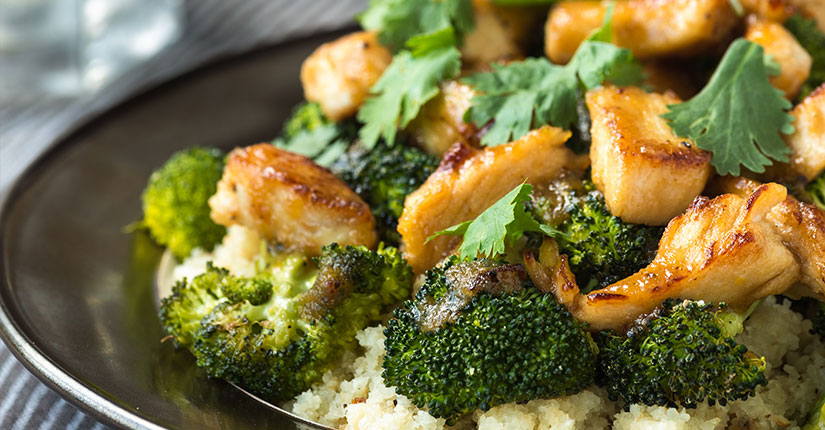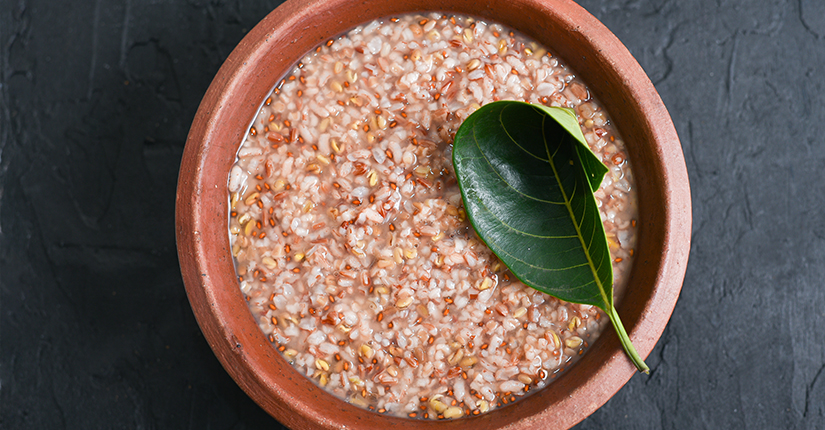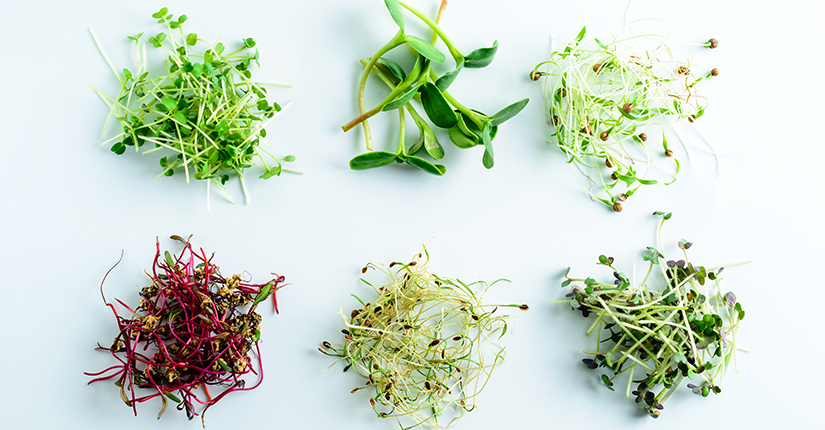Can Dietary Modification make a difference in Preeclampsia?
By Nmami Agarwal 05-May 2023 Reading Time: 4 Mins

Preeclampsia is pregnancy related to high blood pressure where there is a sudden spike in blood pressure of a mother causing low blood and nutrient supply to the developing fetus.
Around 2-8% of pregnancy related complications are related to preeclampsia. If it progresses to eclampsia (seizures & coma) then it increases the mortality risk for both mother and fetus.
The parameters for initial identification of preeclampsia are specifically defined as a systolic blood pressure of 140 mm Hg or more or diastolic blood pressure of 90 mm Hg or more on two occasions at least 4 hours apart; or shorter interval timing of systolic blood pressure of 160 mm Hg or more or diastolic blood pressure of 110 mm Hg or more, all of which must be identified after 20 weeks of gestation.
The definite treatment of preeclampsia is delivery of the fetus. However if the condition arises before 34 weeks of gestation then an uninformed decision is made to stabilize the health of both mother and fetus before proceeding further.
Does dietary modification help?
Body weight is implicated in the risk of developing preeclampsia. Hence women should aim for healthy pre-pregnancy weight and avoid excess weight gain during gestational period.
Diet plays an important role in managing initial diagnosis or preventing preeclampsia.
- Fruits and vegetables
Recommended amount of fruits and vegetables is more than 400g/day. Local and seasonal produce, more of green leafy vegetables can take care of iron, folate, Vitamin C and B vitamins.
Vegetables in both raw and cooked form that can provide around 25g of fiber per day can help to reduce dyslipidemia and high blood pressure.
- Probiotics
Probiotic food has been shown to help lower the risk of pre-eclampsia in pregnant women by reducing inflammation in the placental trophoblast cells, reducing BP, and systemic inflammation.
It is recommended that pregnant women take probiotics especially in the later stages of pregnancy.
- Diets rich in omega 3 fatty acids
Studies showed that women who consumed a long chain omega 3 fats had a significant reduction in the risk of developing preeclampsia.
The recommended level of omega 3 fats is around 100 mg/day. It can be through supplements or through dietary sources like fatty fish, walnuts, flaxseeds etc.
A Mediterranean diet with fish, nuts, fruits, vegetables and olive oil has shown beneficial effects in preventing preeclampsia.
- Diet high in sugar and salt
Taking a diet rich in processed foods and ready to eat foods add a lot of hidden sugar and salt, increasing the risk of high blood pressure.
Having more home cooked meals where the addition of salt is regulated, Keeping the sodium intake less than 5g/day with close monitoring of the blood pressure helps to manage initial stage preeclampsia.
Though diet plays an important role in preventing and managing preeclampsia, proper treatment protocol as advised by the doctor should be followed, timely checkups and blood/urine tests as prescribed should be carried on.
With good lifestyle, proper precautions and medications, it is possible to manage preeclampsia and deliver a healthy baby.

